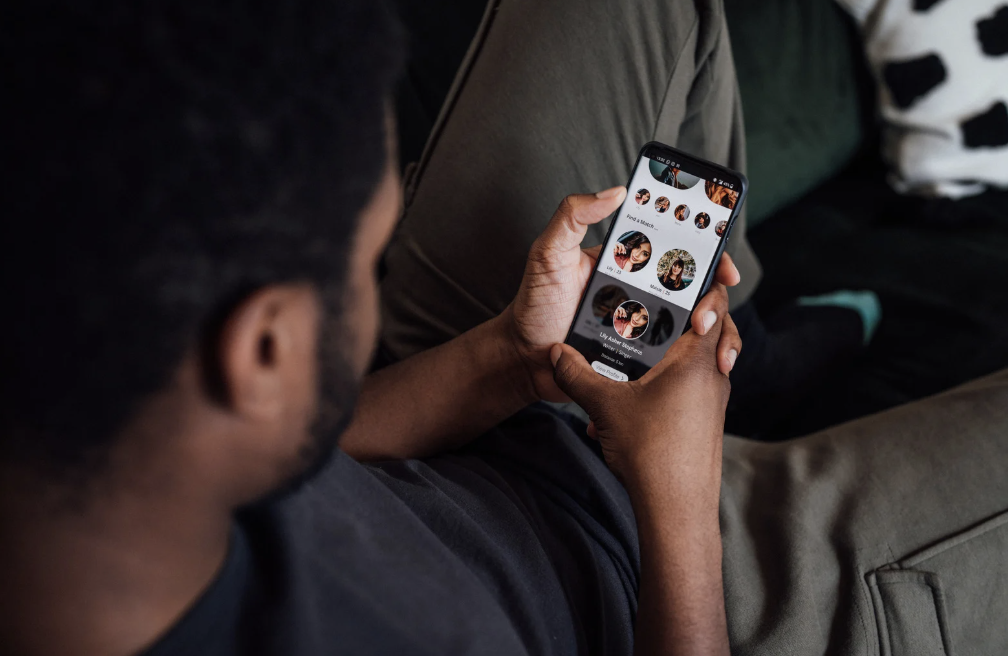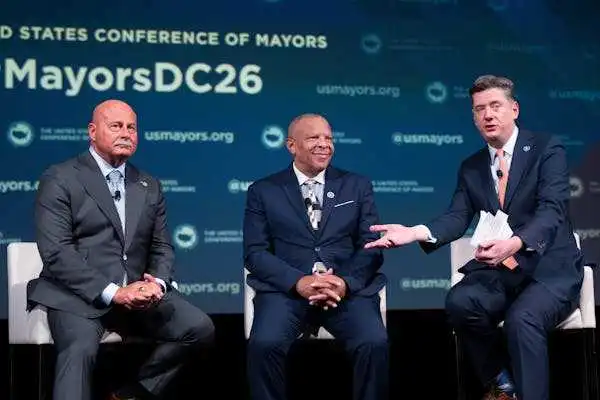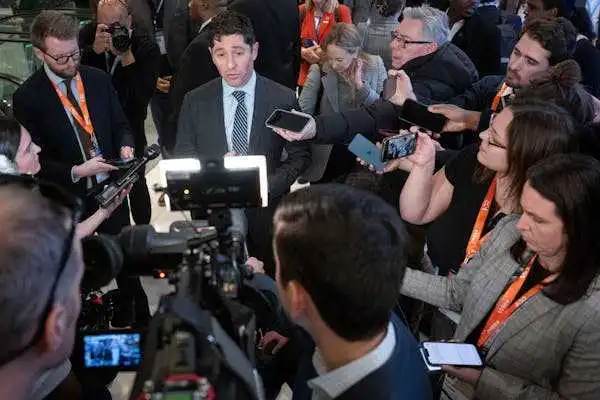In 2024, Tommy Flaim had a simple mission. All he wanted was a singles cornhole league so folks could have fun playing the bean bag game and maybe find a date to grab a drink with after. After noticing so many women signing up and the lack of men participating, he offered $50 for every referral of a straight man that signs up for his speed-dating cornhole league. Now he has held events in 20 cities across the U.S. and it’s continuing to spread.
Dating culture in the past had most bars and other businesses host a “ladies night” in which women would get special deals and perks since it was presumed that men would likely outnumber women, but Flaim noticed a shift.
“We’ve noticed the girls are going to show up regardless, like they’re willing to try anything,” said Flaim. “And the guys are the ones we have to be very sensitive and calculated about in regards to how you attract them, how you recruit them, how you make them feel comfortable.”
Flaim’s $50 “bounty” to get single men to show up has paid off in droves, as not only do his Chicago events fill up but his first event in New York City drew over 100 people. His speed-dating leagues in which singles play quick games of cornhole, pickleball, mini-golf, and other games have grown in popularity, allowing people to enjoy themselves while meeting potential dates. Even if love doesn’t bloom, folks seem to still have fun anyway.
This shift back to in-person dating and meet-ups is seen as a boost in the pandemic and a condemnation of the modern dating apps that had been popular in the past decade-plus. According to Forbes, nearly 80% of Millennials and Gen Zers are feeling “burnt out” by dating apps such as Tinder, Bumble, and Hinge. This is due to a combination of reasons, but mostly the exhaustion of trying to filter out people who “exaggerate” on their profiles, the pressure to put their best foot forward when selecting pictures and writing their own profiles, and getting overwhelmed due to being flooded with choices. Usage of these apps and “dating-from-home” through their video features peaked during the COVID-19 pandemic.

But now it seems the apps are being ditched in favor of meeting people the “old fashioned way” through in-person social mixers such as the ones Flaim produces is on the rise. They’ve turned to events like Flaim’s or similar speed-dating opportunities like Pre-Dating to get a person’s vibe face-to-face. There is even a rise in running clubs dedicated to folks finding potential partners while getting a jog outdoors.

No matter the method, finding love isn’t always an easy task. It can take a lot of time, effort, energy, and money for some people to bump into the right person at the right time in the right place. However, it seems that love is found when people take a chance and get a little creative when putting themselves out there, even if the risk is looking silly trying to throw a bean bag through a hole.


















